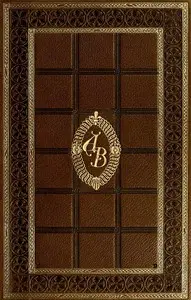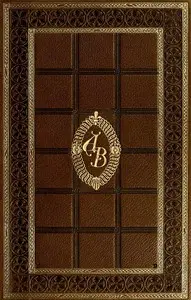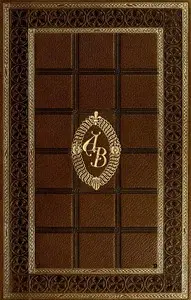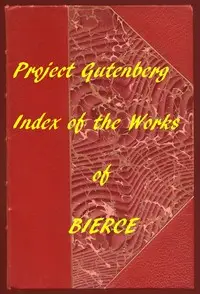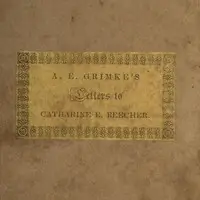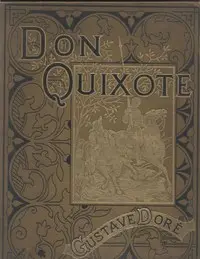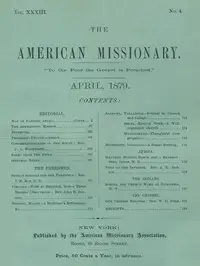"The Collected Works of Ambrose Bierce, Volume 10" by Ambrose Bierce is a collection of essays and critical pieces from the early 1900s where Bierce shares his insightful and biting views on literature, art, and culture. With sharp wit, Bierce challenges the literary norms of his era, giving readers his perspectives on various aspects of artistic expression. He argues against the lasting value of novels, suggesting they often fall short compared to more substantial forms of literature. Instead, Bierce champions alternative literary styles like romance and essay writing, which he believes better preserve artistic integrity. Through his critiques, the author reveals his deep passion for enduring literary values and uses keen observations of the literary scene to create this book.
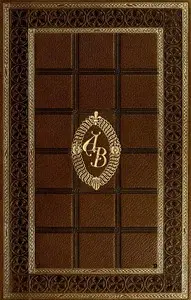
The Collected Works of Ambrose Bierce, Volume 10 The Opinionator
By Ambrose Bierce
Discover a world of razor-sharp wit, where the author dissects the cultural landscape with incisive commentary, questioning everything from literary giants to the very essence of storytelling.
Summary
About the AuthorAmbrose Gwinnett Bierce was an American short story writer, journalist, poet, and American Civil War veteran. His book The Devil's Dictionary was named one of "The 100 Greatest Masterpieces of American Literature" by the American Revolution Bicentennial Administration. His story "An Occurrence at Owl Creek Bridge" has been described as "one of the most famous and frequently anthologized stories in American literature", and his book Tales of Soldiers and Civilians was named by the Grolier Club one of the 100 most influential American books printed before 1900.
Ambrose Gwinnett Bierce was an American short story writer, journalist, poet, and American Civil War veteran. His book The Devil's Dictionary was named one of "The 100 Greatest Masterpieces of American Literature" by the American Revolution Bicentennial Administration. His story "An Occurrence at Owl Creek Bridge" has been described as "one of the most famous and frequently anthologized stories in American literature", and his book Tales of Soldiers and Civilians was named by the Grolier Club one of the 100 most influential American books printed before 1900.


